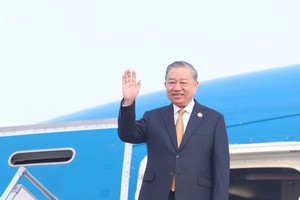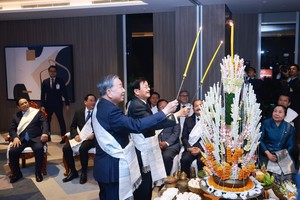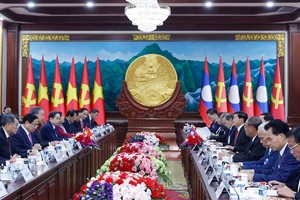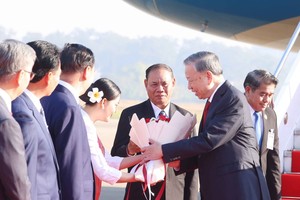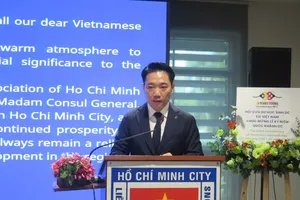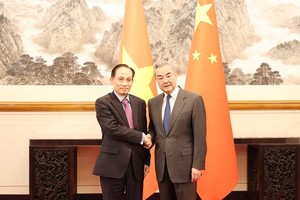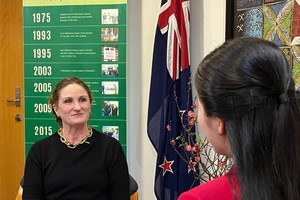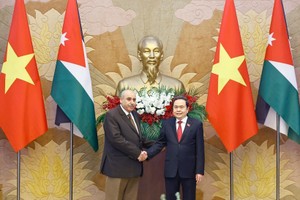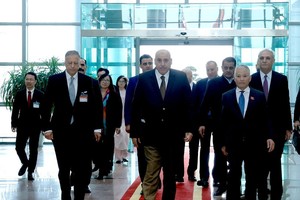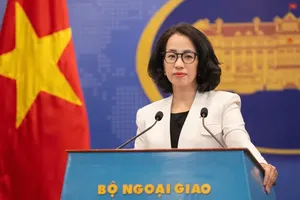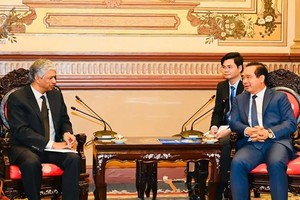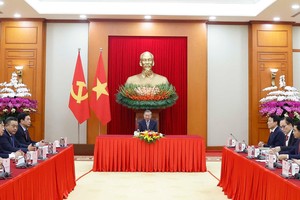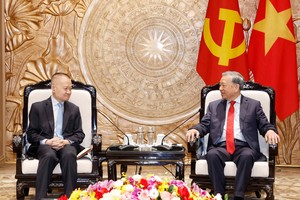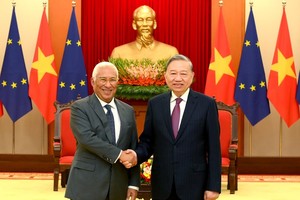Minister of Foreign Affairs Bui Thanh Son has expressed Vietnam's readiness to collaborate closely with the EU in building an exemplary cooperation model for green transformation, aiming to support developing nations, including Vietnam, in bridging gaps in finance, technology and human resources training.
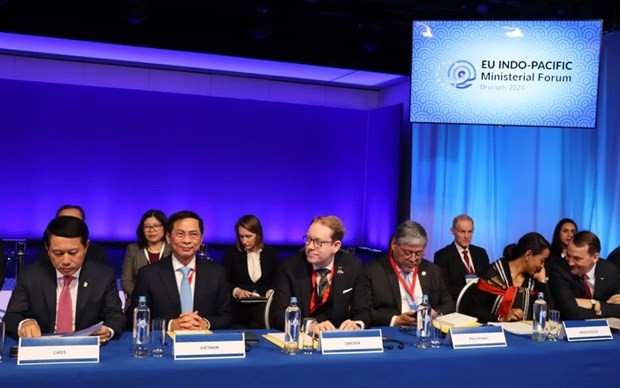
As the keynote speaker at the round-table discussion themed “Green Transition: Partnering for a Sustainable Future”, as part of the third EU Indo-Pacific Ministerial Forum (IPMF-3) in Brussels, Belgium on February 2, Son also affirmed Vietnam's commitment to climate change mitigation and strong green transformation, highlighting its journey from the 26th United Nations Climate Change Conference of the Parties (COP26) to its recent distinction as one of the first three countries to establish the Just Energy Transition Partnerships (JETP).
Turning his attention to the EU's new regulations on green transformation, particularly the Carbon Border Adjustment Mechanism (CBAM), Son stressed that developed countries' policies and regulations should create opportunities for growth rather than erecting new barriers to trade - a fundamental driver for the growth of many developing countries.
He urged EU countries to assist Vietnam and other developing nations in adapting by sharing experiences and best practices, and coordinate in building policies and mechanisms on carbon trading and pricing.
Participating ministers engaged in a comprehensive exploration of solutions to integrate economic recovery and climate change response into green transformation, ensure energy security and social fairness, and the role of the EU-Indo-Pacific partnership.
They emphasised that with the EU's expertise and experience in greening economic models, along with its financial resources, cooperation in green transformation would become a cornerstone of the EU's partnership with countries in the region.
As an EU initiative since 2022, the IPMF is held annually for foreign ministers from EU and Indo-Pacific countries to share cooperation prospects between the two regions. Priority cooperation areas have so far focused on inclusive and sustainable prosperity, green transformation, ocean governance, partnership relations and digital governance, connectivity, national security, and human security.




